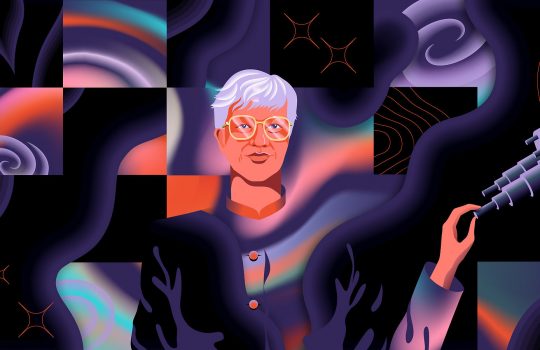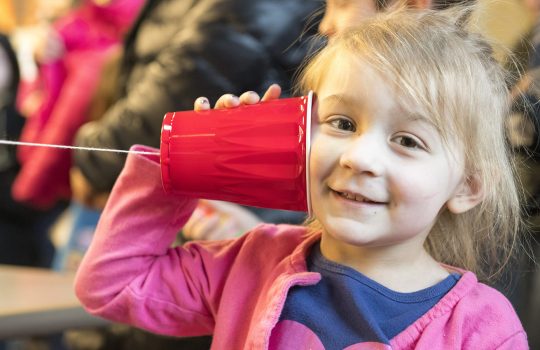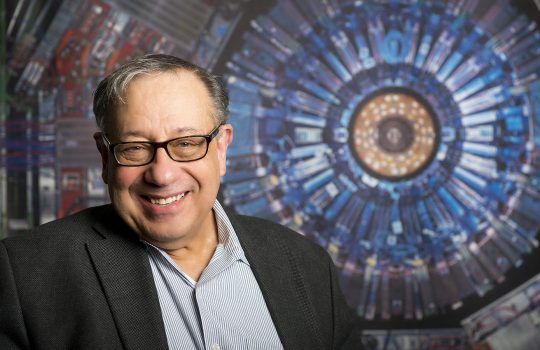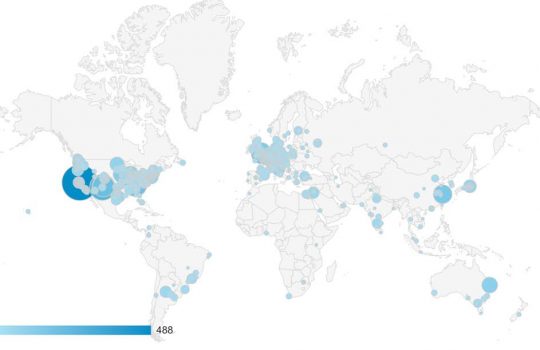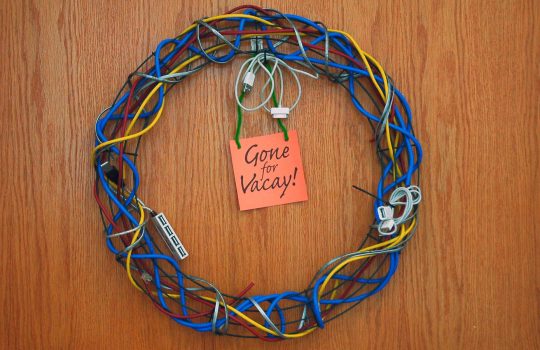Sanford Lab preps for excavation above and below the surface
- Deep Underground Neutrino Experiment
- DUNE
- LBNF
- Long-Baseline Neutrino Facility
- neutrino
- Sanford Lab
- Sanford Underground Research Facility
- South Dakota
From Black Hills Pioneer, Dec. 13, 2019: Scientists at Fermilab and the Sanford Underground Research Facility in South Dakota are eager to begin collecting data from the Long-Baseline Neutrino Facility and the international Deep Underground Neutrino Experiment, which is hosted by Fermilab. But before the world’s largest neutrino experiment can begin producing results, more than 800,000 tons of rock will need to be removed from the 4,850-foot level of a former mine to make room for the detectors.

